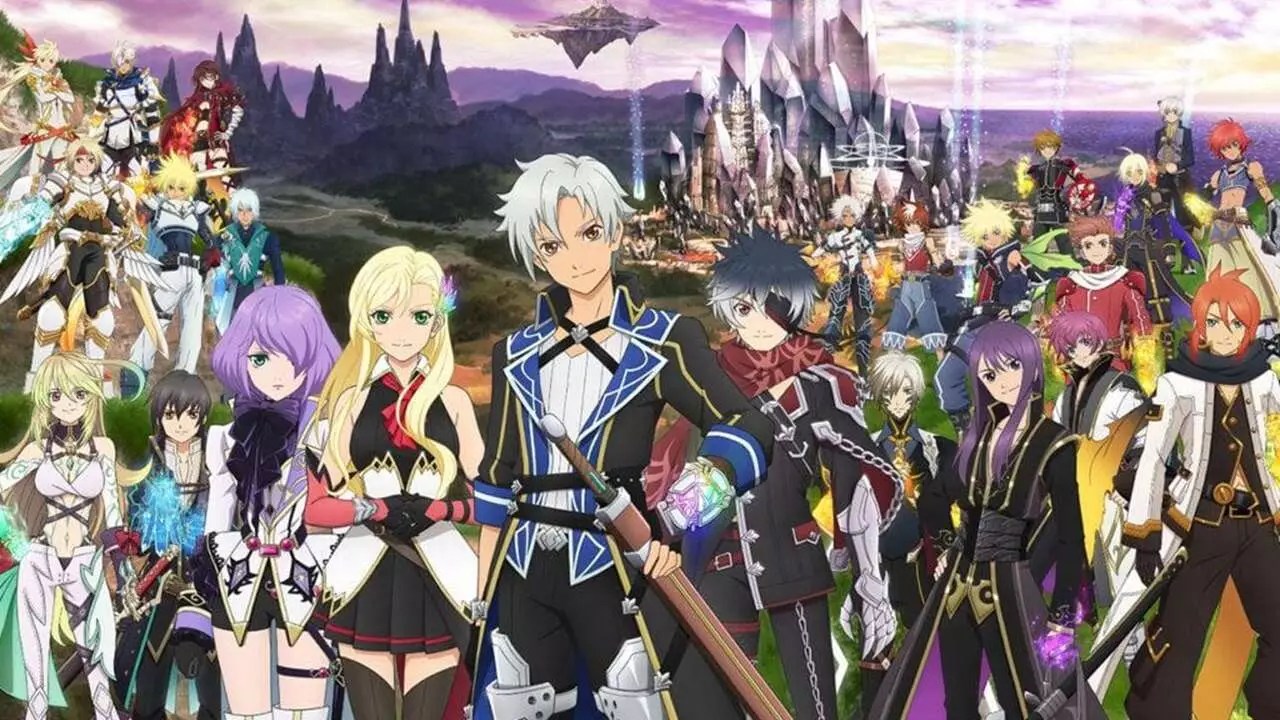The gaming industry is currently navigating turbulent waters, and one of the prominent players experiencing this upheaval is Bandai Namco. Recent reports unveiled that the company has canceled a series of highly anticipated video game titles, including those based on popular franchises such as One Piece and Naruto. The decision to halt these projects comes amidst a broader trend in the industry marked by layoffs and restructuring efforts, which raises questions about sustainability and the direction of major gaming companies.
Bandai Namco has been accused of employing a controversial strategy known as oidashibeya, or “expulsion room,” which involves isolating employees in settings where they are effectively left without tasks to pressure them into resigning voluntarily. Despite reports detailing almost 100 resignations attributed to this method, the company denies utilizing such tactics. A spokesperson stated that cancellations stem from a thorough assessment of ongoing projects rather than deliberate strategies to push out employees. This dichotomy between allegations of coercion and the company’s official stance suggests a disconnect between corporate practices and the realities of employee experiences.
The cancellation of titles, particularly those linked to established franchises, raises significant concerns about the company’s future and its relationship with gamers. Such decisions can alienate a loyal fanbase, as expectations built over years are abruptly dashed. Moreover, the shuttering of these projects reflects a critical shift in how companies are prioritizing resource allocation, especially when uncertainty looms over the industry’s financial landscape. The implications extend beyond immediate losses; they signal a potential unraveling of trusted brands that have long defined the gaming experience for many.
Beyond canceling major titles, Bandai Namco recently announced the cessation of its long-standing mobile game, Tales of the Rays, alongside the MMO game Blue Protocol, which is set to close its doors in January. These decisions not only indicate a shift in strategic priorities but also highlight the pressures that come with competing in a saturated market. The acknowledgment of a strong partnership with Amazon Games in the development of Blue Protocol underscores the challenges faced in collaboration and executing shared goals, adding complexity to the narrative of canceled projects.
Despite these setbacks, Bandai Namco’s recent release of Dragon Ball: Sparking Zero, which achieved over 3 million sales within its first day, demonstrates the company’s potential for success. This juxtaposition of failure and triumph within the same corporate epoch underscores the erratic nature of the gaming industry. As companies like Bandai Namco reevaluate their strategies amidst pressures from investors, competition, and internal management practices, the need for adaptability and foresight has never been more vital.
In closing, as Bandai Namco navigates the challenges of modern gaming, its approach to project management and employee relations will be closely scrutinized. The critical test lies in whether the company can pivot from recent turmoil to harness the potential embodied in its extensive catalog of franchises and a dedicated player base.


Leave a Reply